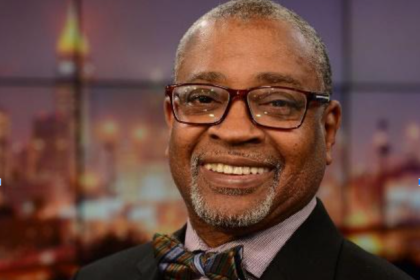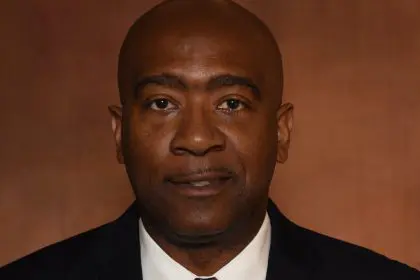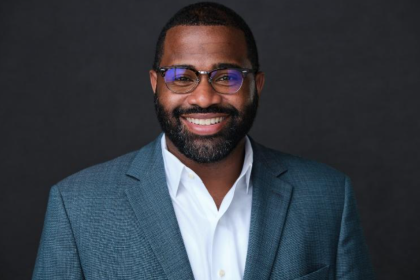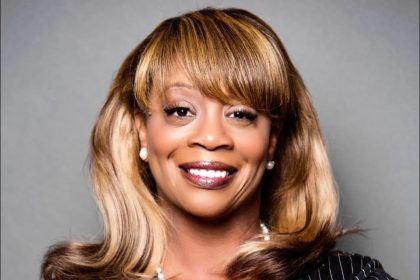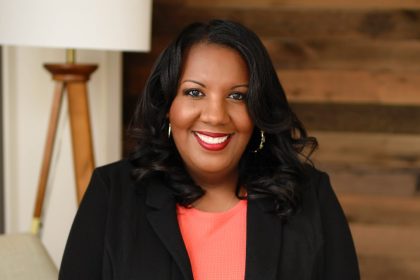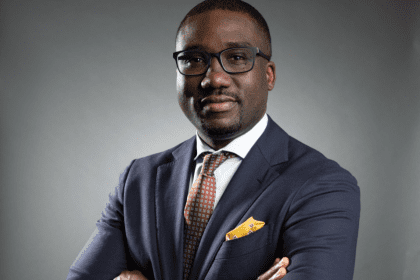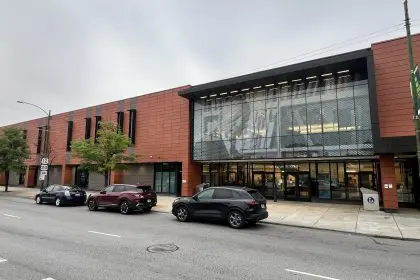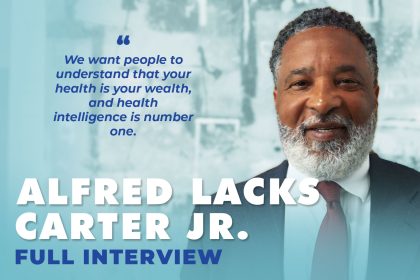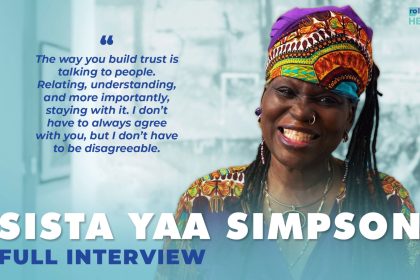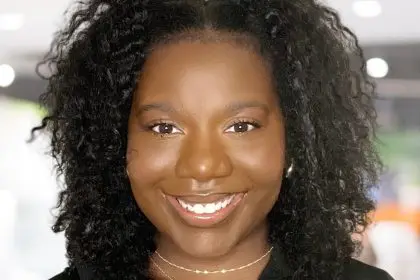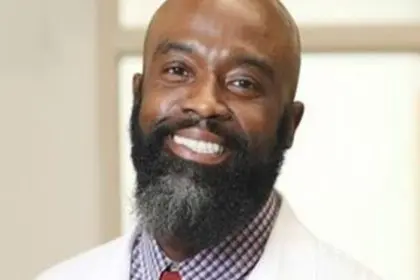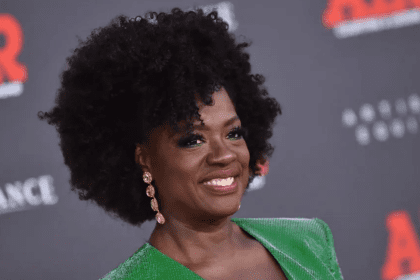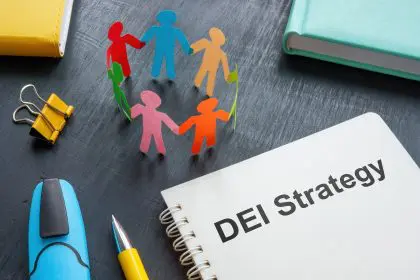In a recent interview on Equity and Focus, Dr. Megan Ebor, assistant professor and founding director of the Health Equity Research Multimedia Lab, joined host Kevin Hooks to discuss her revolutionary work at the intersection of health, equity, and storytelling. Dr. Ebor, whose commitment to dismantling health disparities is both deeply personal and strategic, shared insights into how her multimedia lab seeks to bridge the gap between academia and the communities it aims to serve. With empathy and expertise, she emphasized how narrative storytelling and research-based evidence can drive meaningful change for Black communities and other marginalized groups.
The power of personal experience in inspiring change
For Dr. Ebor, the journey into health equity began with a deeply personal experience. As she recounted to Hooks, her great aunt—a meticulous woman who always kept on top of her health—was misdiagnosed and overlooked by health care professionals. The undiagnosed infection that spread to her brain due to systemic negligence was a defining moment for Dr. Ebor, fueling her commitment to addressing pervasive health disparities. Her response to this injustice was to create films like Even Me that tell real stories about health inequities and are designed to be accessible, impactful, and rooted in the lived experiences of Black individuals. “I was livid,” she said. “And I wanted to create a tangible tool to educate and raise awareness.”
Through her films, Dr. Ebor translates the complex language of health care into relatable narratives, engaging viewers emotionally and providing them with knowledge they can use. Her work illuminates a key question: How can communities take control of their health when the information they need is locked behind academic journals and inaccessible medical jargon? Dr. Ebor believes that multimedia storytelling can bridge this gap, bringing critical health information directly to the people who need it most.
Combining science and art to reach marginalized communities
As Hooks pointed out, Dr. Ebor is challenging norms in both academia and the entertainment industry. With a background in social work and a passion for filmmaking, she uses visual media to empower the communities she serves, marrying scientific rigor with creative expression. “It’s about finding a way to intervene,” she said, “by tapping into our cultural strengths, like storytelling, music, and even our oral traditions.”
By launching the Health Equity Research Multimedia Lab, Dr. Ebor is creating a unique space within academia that places community engagement and representation at its core. Her lab intends to foster a safe and familiar environment where Black individuals can engage with research that feels relevant and reflective of their identities and experiences. Dr. Ebor emphasizes the importance of creating an atmosphere that is non-clinical, warm, and welcoming—qualities often lacking in traditional health care spaces. “This is a place where we can reclaim who we are and make impactful tools that speak to us as a people,” she explained.
Why representation matters in health communication
Dr. Ebor and Hooks delved into the importance of culturally relevant health communication. Dr. Ebor argues that traditional health interventions often miss the mark because they are not designed with marginalized communities in mind. Her work aims to change that by ensuring that health messaging is not only scientifically sound but also resonates with those it intends to help. “Who better to create these tools than people who come from our own communities?” she asked.
Her emphasis on “for us, by us” health messaging reflects a larger call for representation in health research and interventions. She noted that when people see professionals who look like them and understand their culture, they are more likely to trust and participate in health initiatives. This trust is crucial, as it counteracts what Dr. Ebor calls “institutional untrustworthiness”—the pervasive feeling among marginalized communities that the health care system does not have their best interests at heart.
The future of health equity research
Dr. Ebor’s Health Equity Research Multimedia Lab is poised to make a significant impact. Its mission is to connect research with community needs, address the specific health concerns of Black women, and change the narrative surrounding health disparities. In particular, Dr. Ebor highlighted the pressing issue of HIV among Black women and the lack of visibility around this crisis. “We almost treat it as a thing of the past,” she said, pointing out that older Black women face heightened vulnerability due to lack of awareness and persistent stigmas.
To measure the success of her lab, Dr. Ebor doesn’t rely solely on data, although data collection is a fundamental part of her work. For her, even one life changed represents a milestone. She believes that true impact can also be felt in the room, in the connections formed and the energy shared when people gather to watch and discuss her films. “When I’m in a room with us,” she said, “I can feel the transformation.”
As Hooks concluded the conversation, he urged the audience to support Dr. Ebor’s work by attending her screenings and spreading the word about her research. In his words, “Equity and Focus is now part of your family.” The interview closed on an inspiring note, with Dr. Ebor inviting listeners to join her in reshaping the health care narrative—one story at a time.
AI assisted in summarizing this episode of Equity in Focus.

